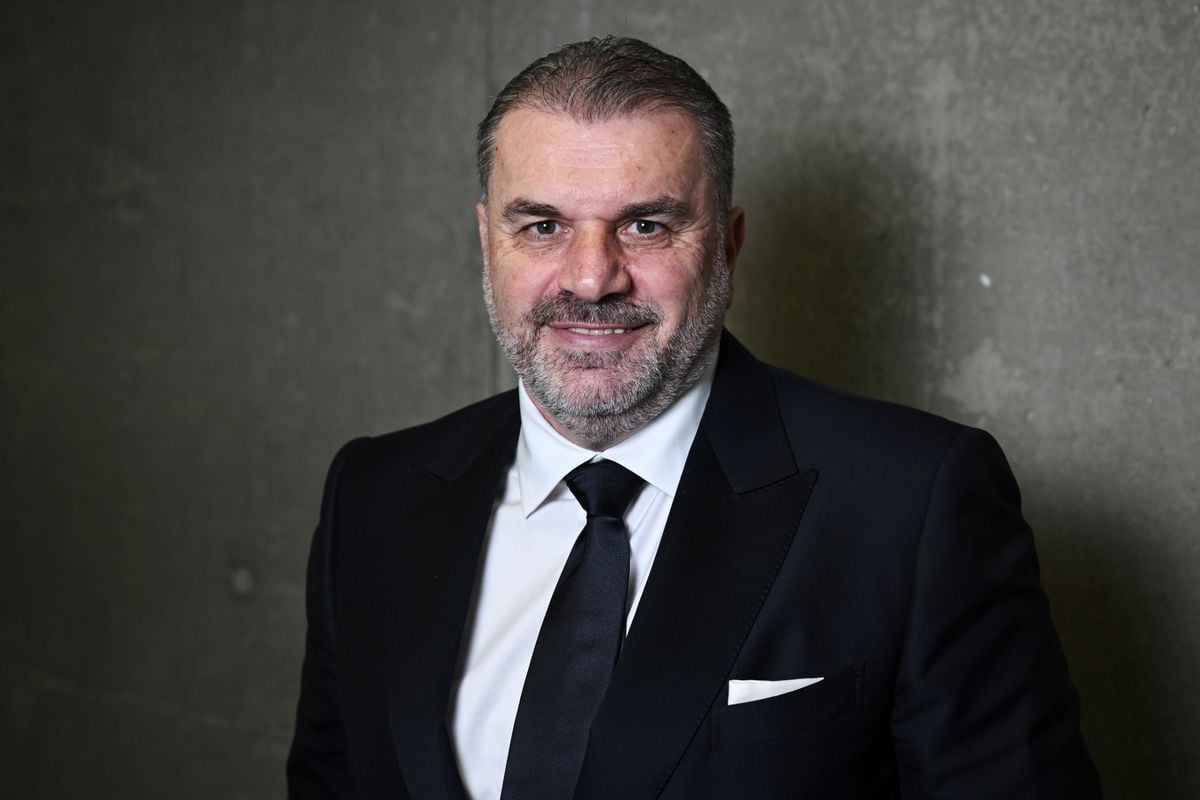A club known for its flair and ambitious aspirations, Tottenham Hotspur has been shaped by a series of prominent managers over recent years, each leaving their mark in unique ways. But when the dust settles, whose influence truly stands tallest in Tottenham – Conte, Mourinho, or Ange Postecoglou?
Antonio Conte’s time at Tottenham
When Antonio Conte took over in November 2021, Spurs were in a precarious position, languishing in the bottom half of the Premier League table under Nuno Espírito Santo.
The Italian, renowned for his tactical discipline and fiery persona, immediately breathed life into a struggling side. By the end of the 2021-22 season, Tottenham had clawed their way into the top four, securing Champions League qualification in dramatic fashion and leaving their North London rivals, Arsenal, trailing in their wake.
However, the 2022-23 campaign told a starkly different story. What began with promise and optimism quickly unravelled as opposition teams adapted to Conte’s rigid system. By March 2023, Spurs had parted ways with the manager, their season in tatters and their Champions League hopes extinguished.
Conte’s intense, passionate management style, initially seen as a breath of fresh air, soon turned into a divisive element. Reports have since surfaced that his aggressive shouting and fiery demeanour did not inspire the squad as intended, creating friction rather than unity. This ultimately contributed to an underwhelming second season, where Spurs failed to capitalize on the promise shown under Conte’s early leadership.
In the end, Conte’s time at Spurs may serve as a reminder that intensity alone cannot bridge the gap between potential and tangible achievement.
Antonio Conte’s stats at Tottenham
Jose Mourinho’s time at Tottenham
Jose Mourinho’s arrival at Tottenham in November 2019 was a statement of intent. The ‘Special One’ brought a glittering résumé and a reputation for delivering silverware – something Spurs fans craved desperately. His tenure began brightly, with memorable victories such as a 6-1 thrashing of Manchester United at Old Trafford and a brief stint at the top of the Premier League in the 2020-21 season.
MORE SPURS STORIES
However, as time went on, cracks began to show. Mourinho’s pragmatic approach, once lauded as a winning formula, grew increasingly divisive among fans and players. Tottenham’s form faltered, and high-profile defeats, including a Europa League exit to Dinamo Zagreb, left his position untenable. The Portuguese manager’s fate was sealed in April 2021, just days before Spurs were set to face Manchester City in the Carabao Cup final – a decision that sparked as much controversy as his tactics on the pitch.
While Mourinho’s spell ended without the elusive silverware, his tenure was a rollercoaster of highs and lows, offering a glimpse of potential but ultimately falling short of the club’s lofty ambitions.
His time at Spurs culminated in a 6th-place finish, followed by a disastrous second season that saw the team drop to 8th before he was sacked. Compared to Antonio Conte—who managed a top-four finish despite his contentious methods—Mourinho’s tenure appears even more lacklustre.
His inability to extract the best from the squad and the lack of any discernible progress make a compelling case for him being one of the worst managers in Tottenham’s modern history.
Tottenham stats breakdown Jose Mourinho
The new wave: Ange Postecoglou Tottenham revolution
In stark contrast to his predecessors, Ange Postecoglou’s appointment in June 2023 was met with a mix of intrigue and scepticism. The Australian arrived with an impressive record at Celtic but lacked the marquee name recognition of Conte or Mourinho. Yet, his impact has been nothing short of transformative.
Since his arrival, Ange has rarely put a foot wrong in the transfer market. Key signings such as Pedro Porro, Dejan Kulusevski, Dominic Solanke, Brennan Johnson, and Micky van de Ven have all thrived in his system, proving to be integral performers. The successful integration of these players underscores Ange’s sharp eye for talent and his ability to mould the team to fit his vision.
In his first full season, Ange Postecoglou guided Tottenham to a fifth-place finish, a noteworthy achievement in what was widely regarded as a transitional season.
However, there remains a sense that it could have been even better. Aston Villa unexpectedly clinched fourth place, and Spurs’ promising start to the season—marked by an impressive run in their first ten games—was disrupted by injuries to key players such as Van de Ven and James Maddison.
Ange also faced the monumental challenge of losing Harry Kane, one of the Premier League’s most prolific strikers, after his sale to Bayern Munich. Many believe that Kane’s presence could have propelled Spurs to a top-four finish. Despite this setback, Postecoglou has worked wonders with the resources at his disposal, establishing a playing style that has both excited fans and maximized the potential of his squad.
Stats breakdown: Ange Postecoglou at Tottenham
Opinion: Who stands tallest in Tottenham managerial saga?
When comparing Conte, Mourinho, and Postecoglou, it becomes clear that each brought distinct qualities to Tottenham’s ever-evolving narrative. Conte’s first season delivered immediate results, but his rigid system and fiery temperament ultimately led to a volatile second year. Mourinho promised glory but left with more questions than answers, his pragmatic style failing to align with Spurs’ attacking traditions.
Postecoglou, meanwhile, represents a fresh start – a manager who has embraced the club’s DNA and prioritised entertainment and unity. While it is too soon to declare him the most impactful, his early achievements suggest a brighter future under his stewardship.
In the end, the true measure of a manager’s influence lies not only in trophies won or league positions achieved but in the enduring legacy they leave behind. For Spurs, the journey under Postecoglou feels like a new chapter worth writing – one that could finally fulfil the aspirations of a club yearning for success on its own terms.
